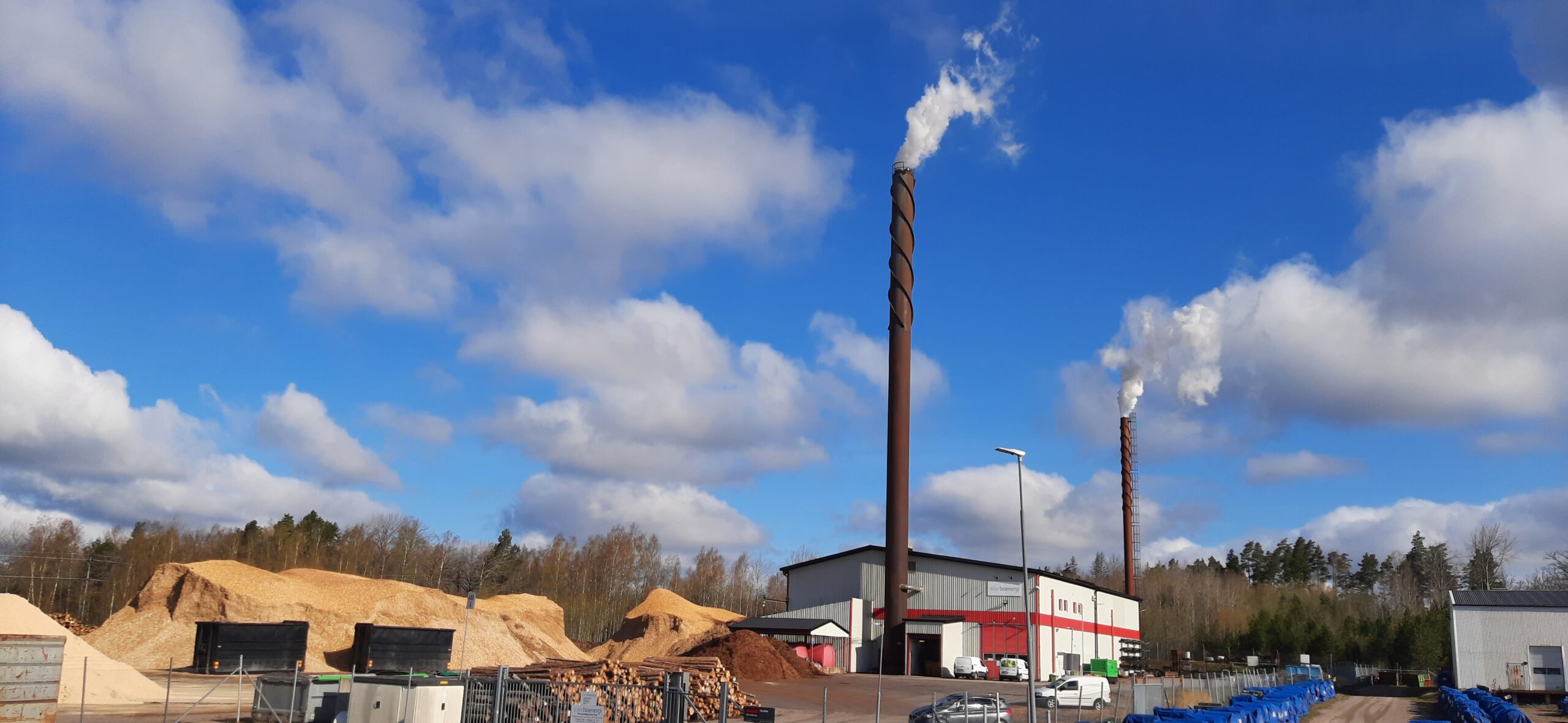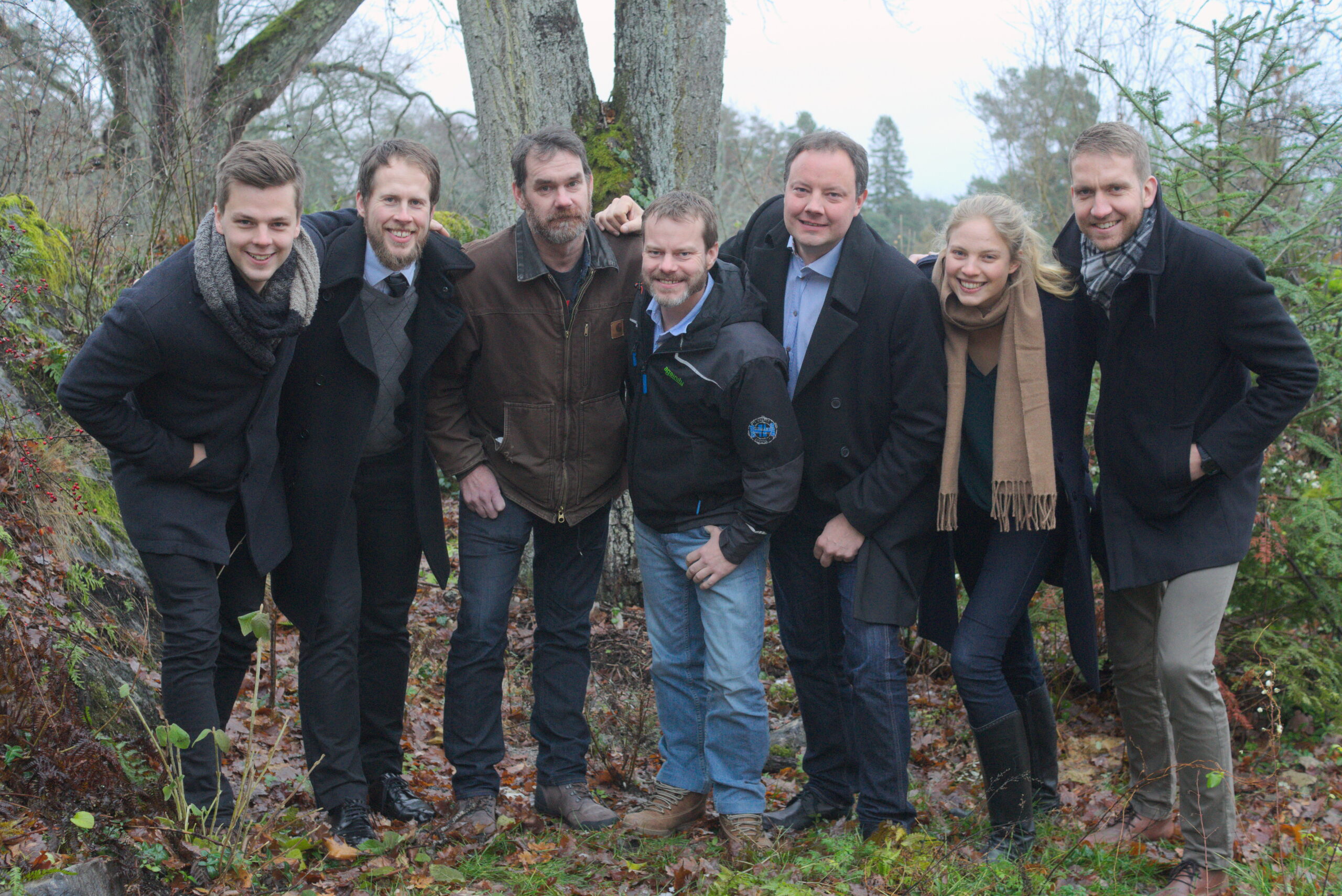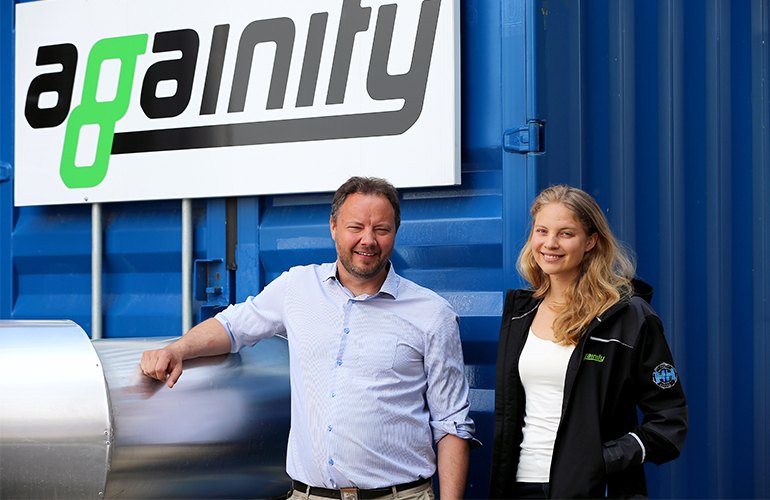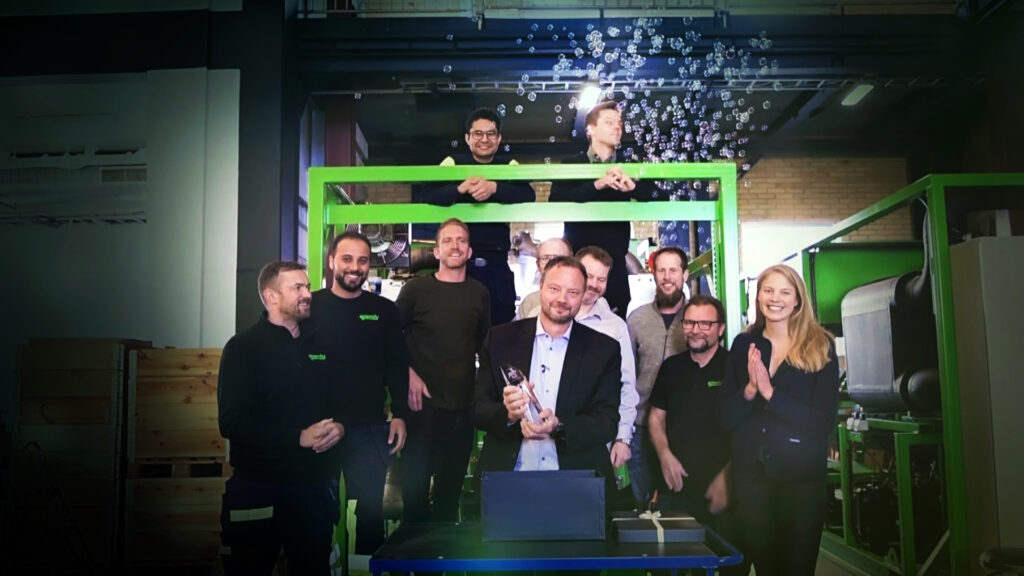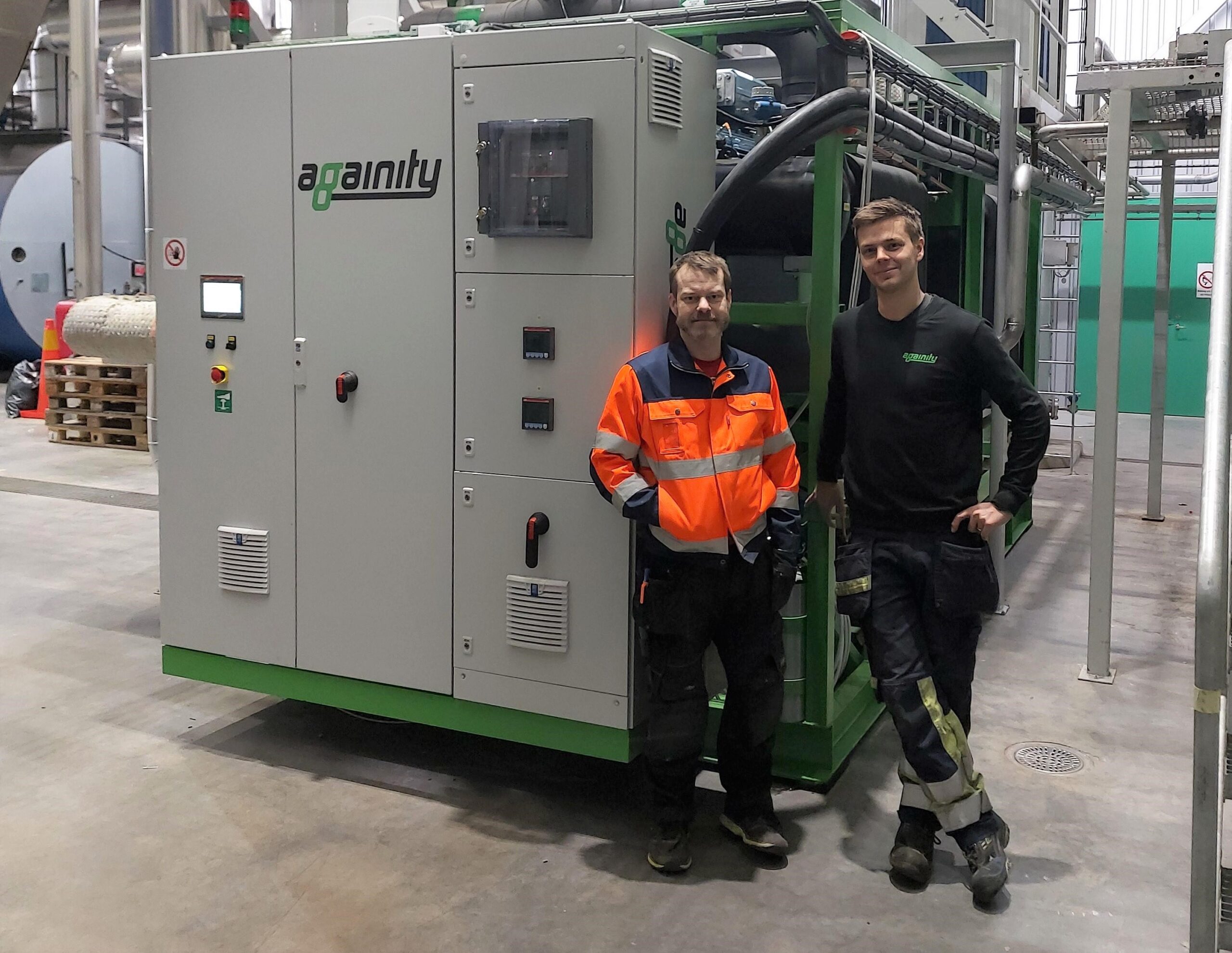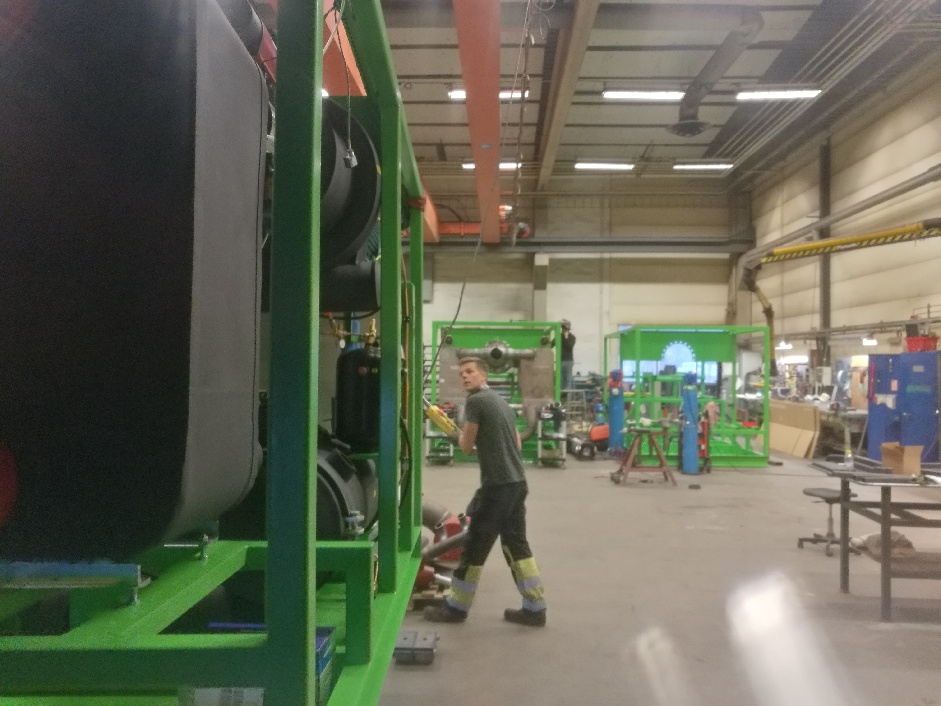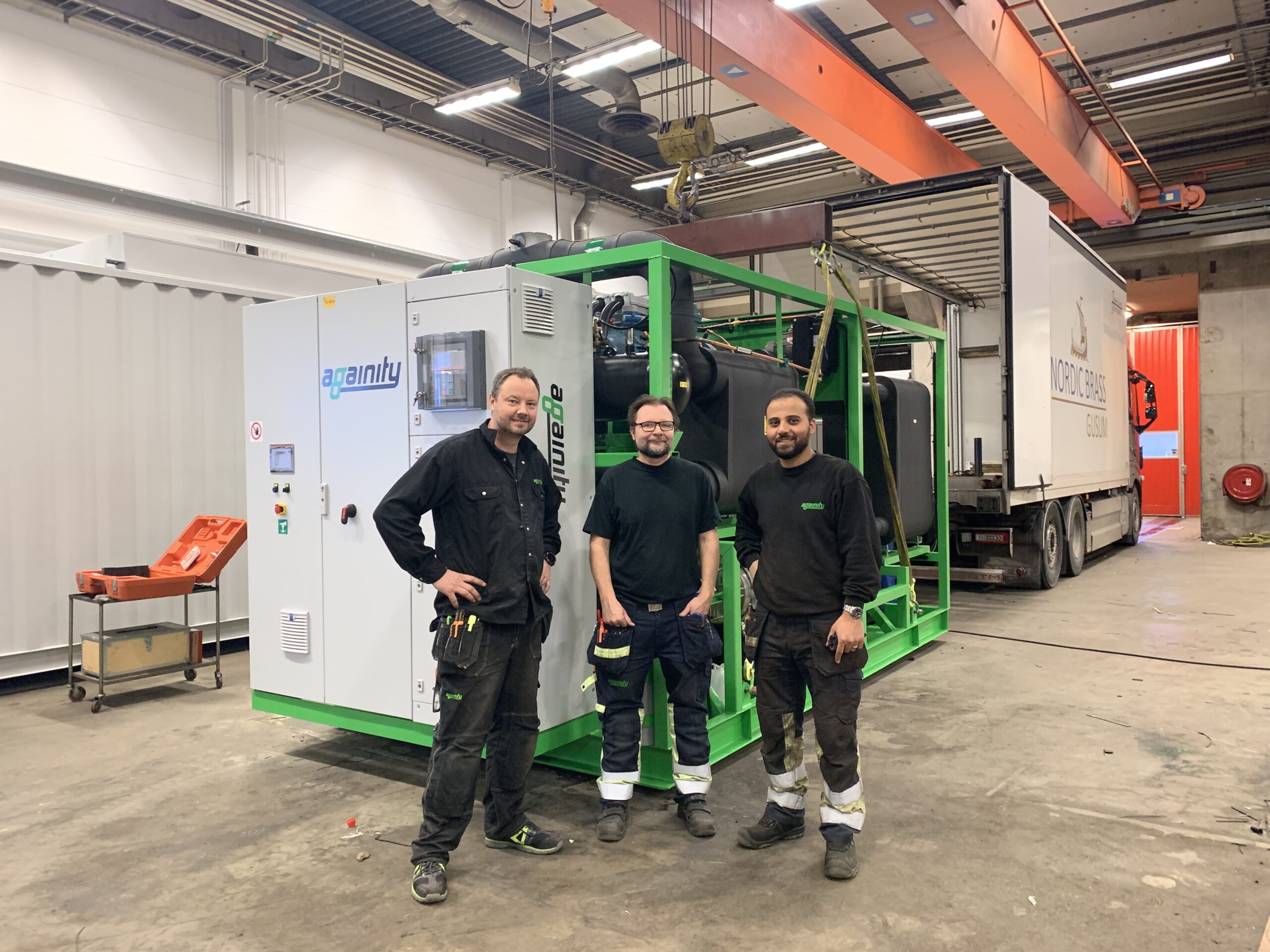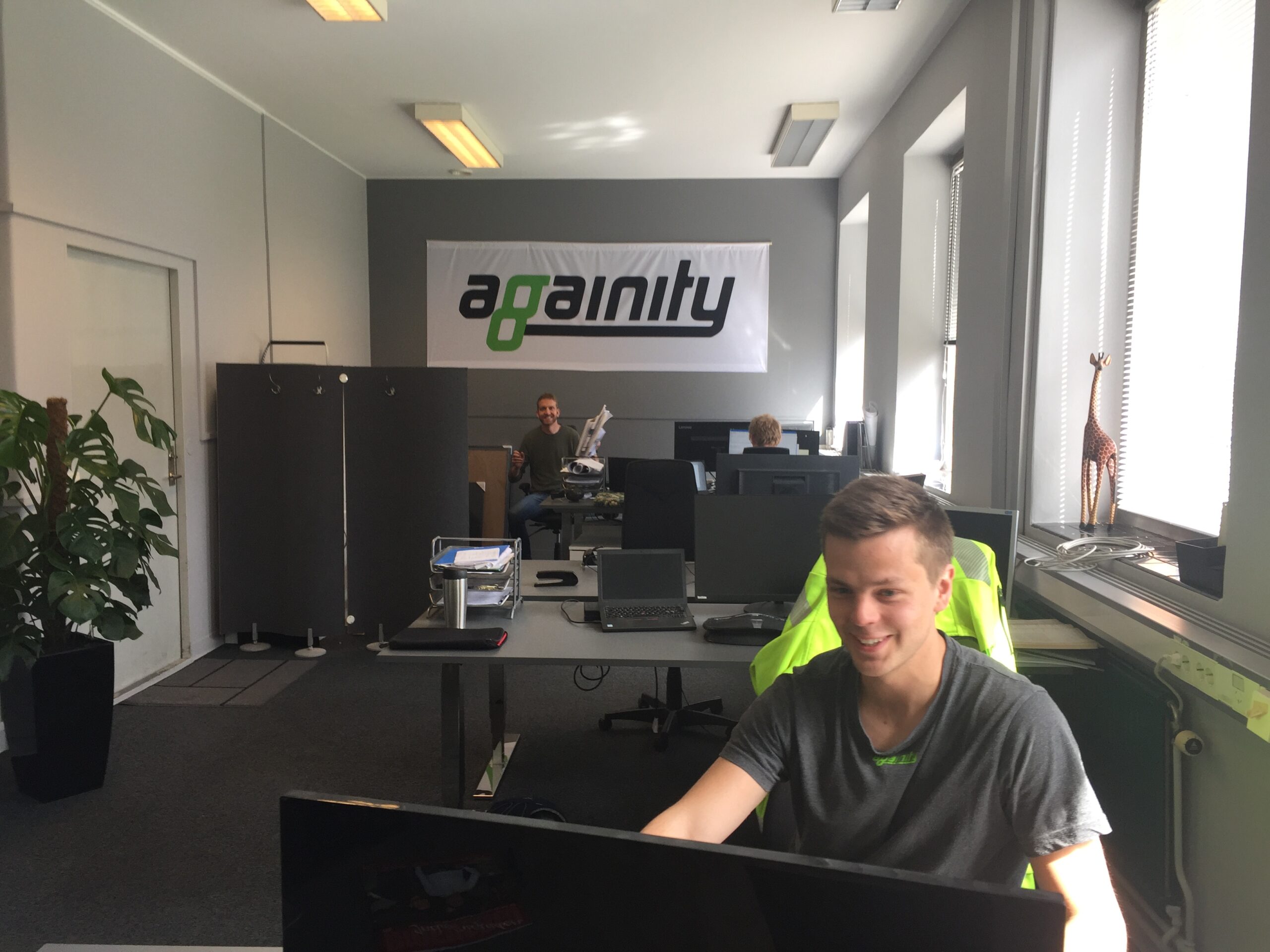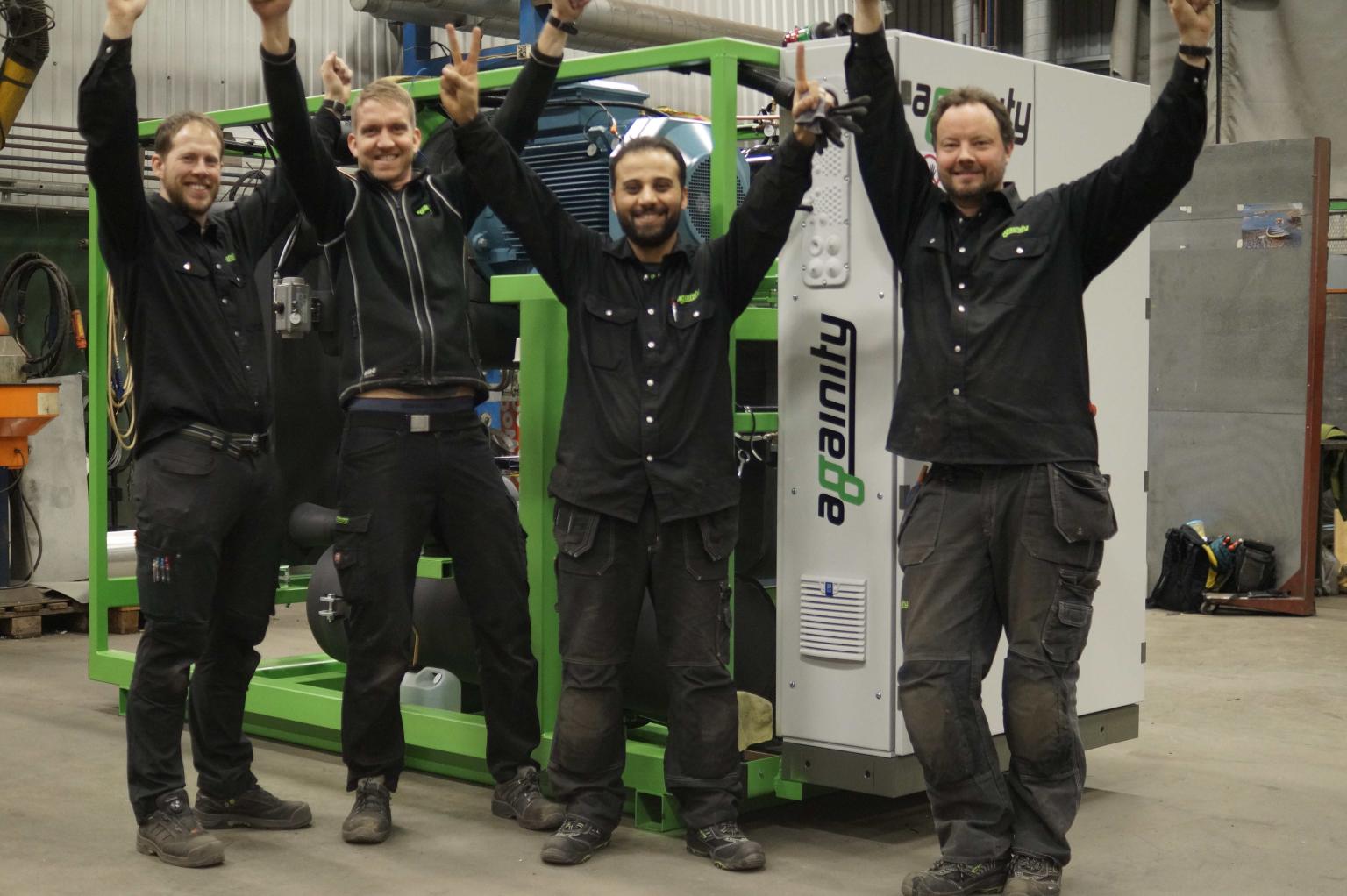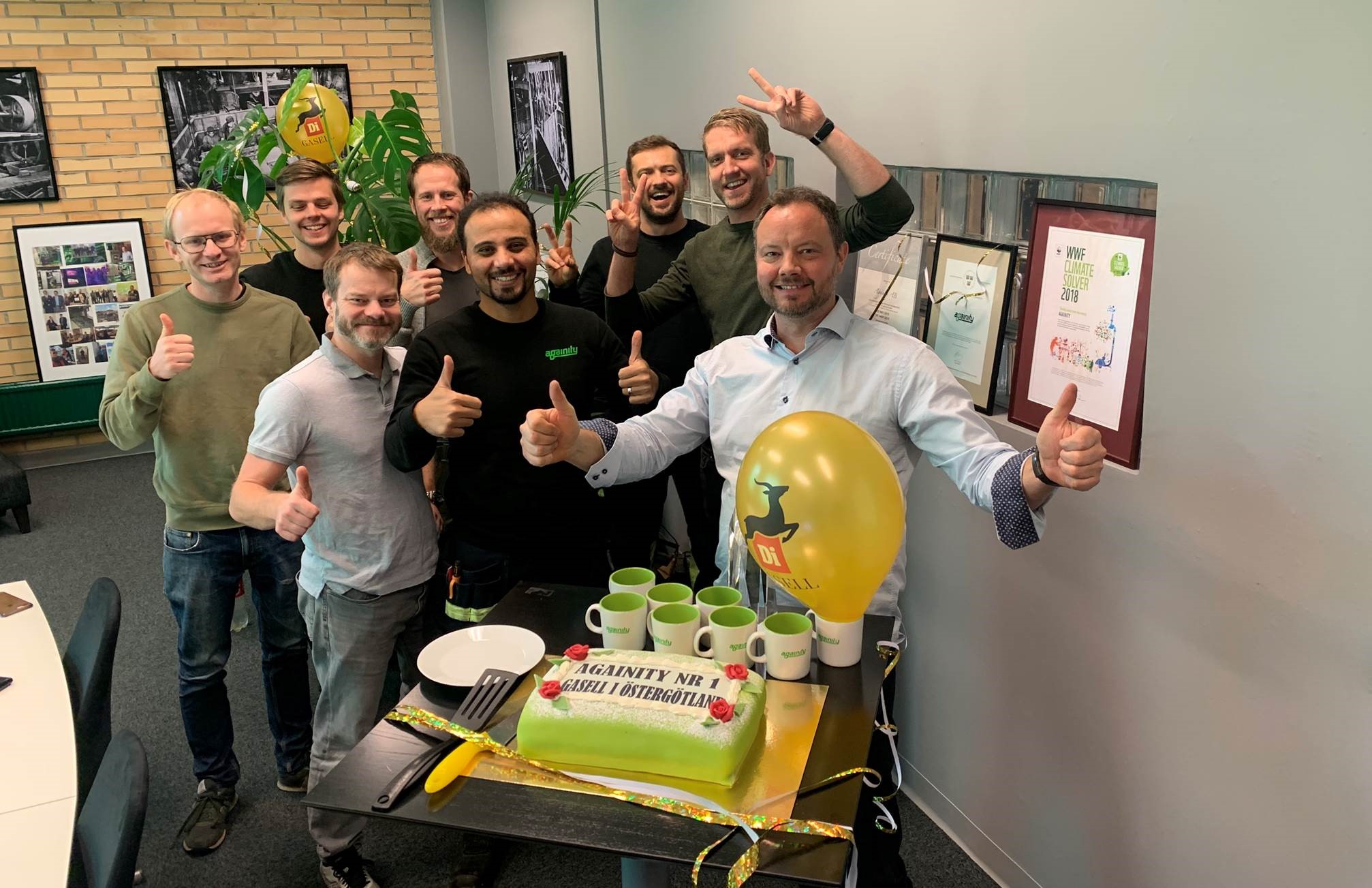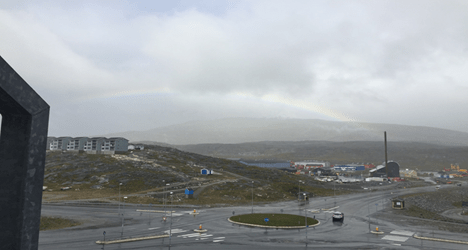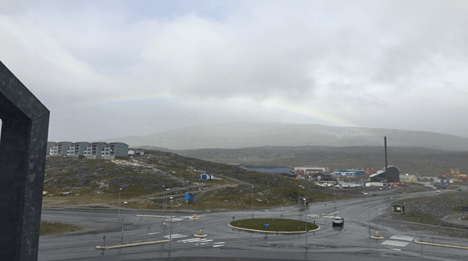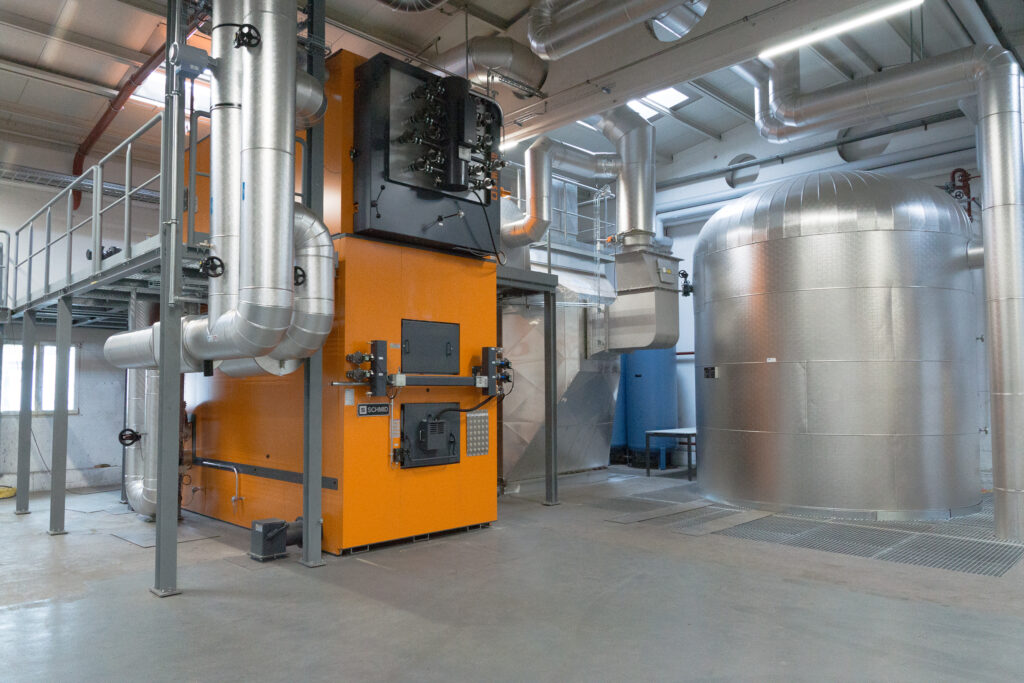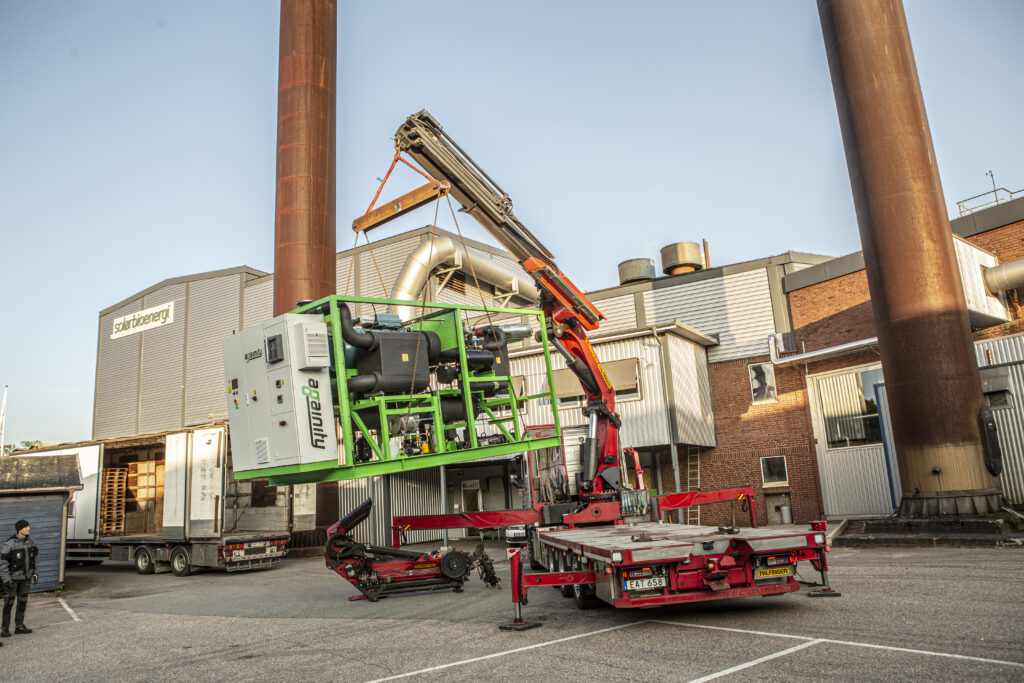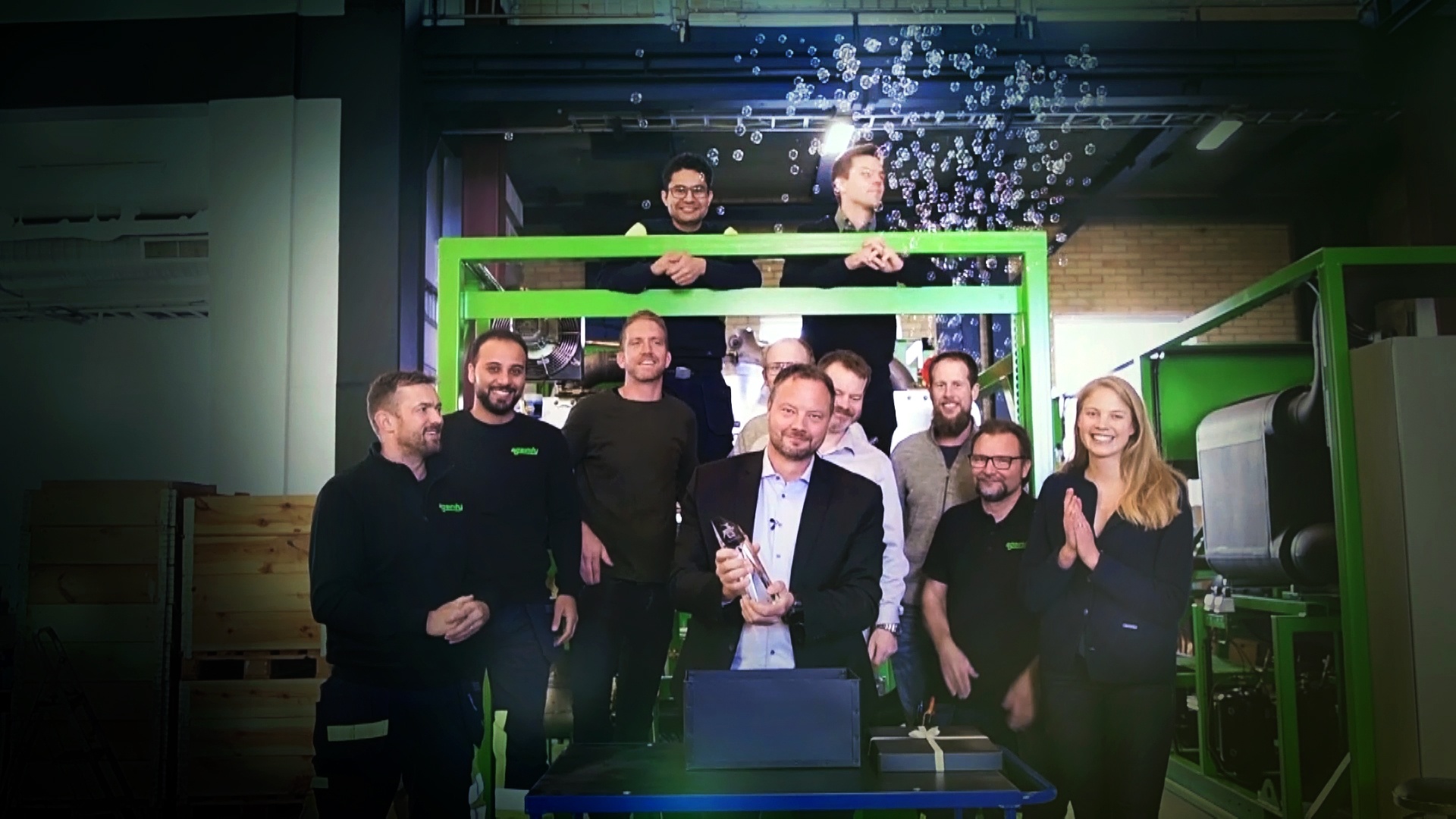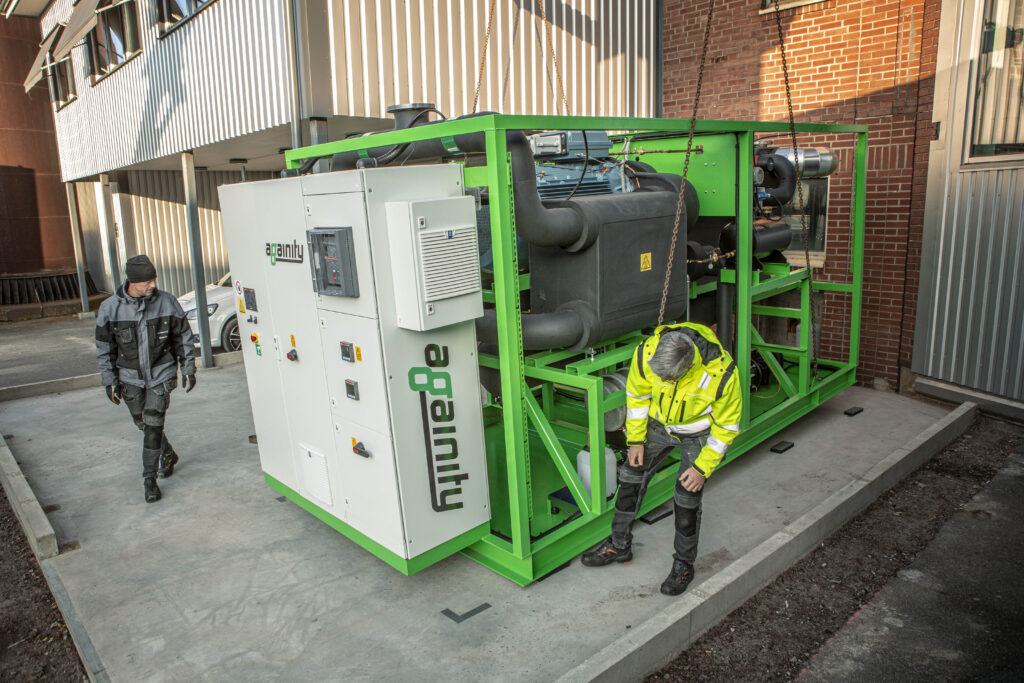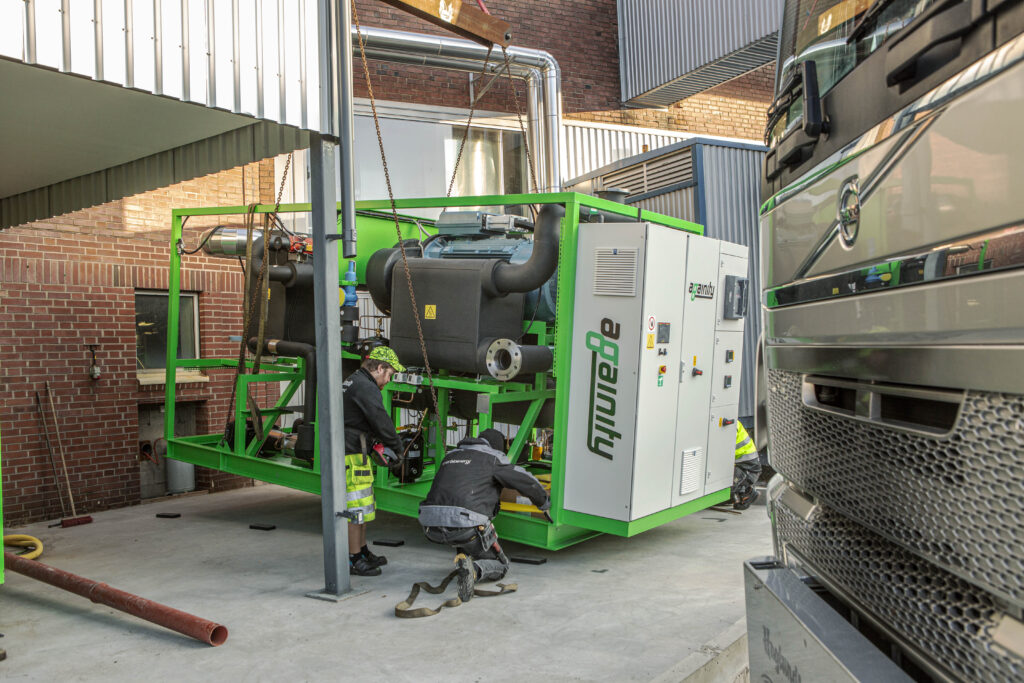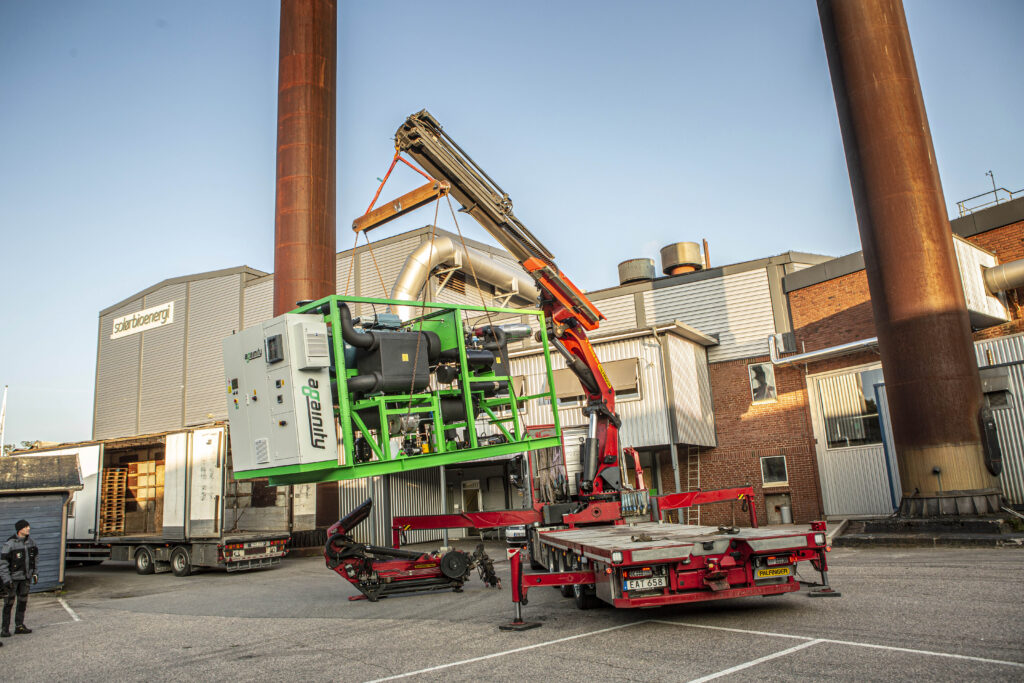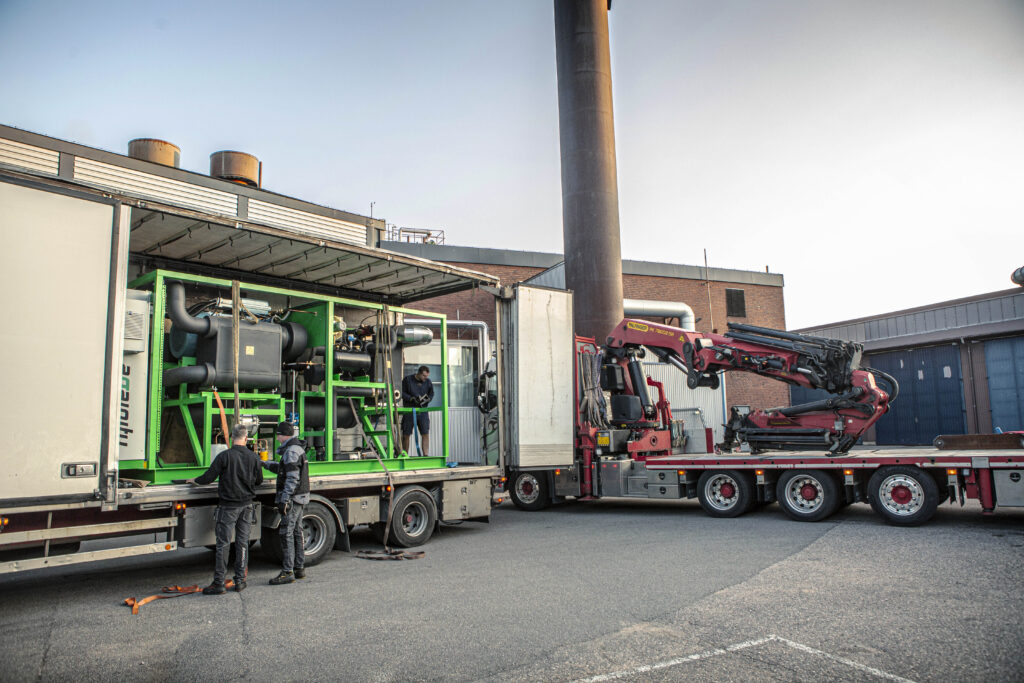Swedish Organic Rankine Cycle (ORC) turbine developer and supplier Againity AB, has announced that it has received an order for two ORC turbine units from compatriot Solör Bioenergi AB, part of Solör Bioenergy Group, a developer and operator of renewable district energy plants and heat distribution networks in Sweden and Norway.
In Sweden, Solör Bioenergi has ordered two more ORC turbines from Againity, one of which will be used to upgrade its biomass-fired district heating plant in Flen to a combined heat and power (CHP) plant (photo courtesy Againity).
Solör Bioenergi was among the first in the heating industry sector to upgrade district heat plants to combined heat and power (CHP) when in 2028, the company chose to upgrade the heating plant in Hörby to a CHP combined heat and power plant using an Againity ORC.
Since then, it has upgraded biomass heat plants in both Svenljunga and Vilhelmina with ORC turbines, and this year two more heating plants, in Flen and in Tomelilla, will start self-producing electricity as part of the company’s goals for increased energy efficiency.
In addition to significant savings in the heating plants’ energy costs, the ORC installations are in line with Solör Bioenergi’s goal to take advantage of the forest’s resources and pave the way for a sustainable society with reduced carbon dioxide (CO2) emissions.
With the positive experiences we have from Againity’s ORC turbines in several locations within Solör, we now look forward to installing a turbine at our facility in Flen. With the ORC turbine and installation of electric filters in 2022, the plant will be well prepared for the coming years, said Jan Lindkvist at Solör Bioenergi.
The two new ORC turbines will each have an installed capacity of 100 kW of electricity. Together, the plants are estimated to produce 951 MWh of electricity per annum, which corresponds to a saving of approximately 855 tonnes of CO2 equivalents when replacing European marginal electricity.
Since the majority of the electricity produced will be used internally at the heating plants, the investment also means large financial savings through reduced costs for electricity trading, electricity networks, and energy tax.
It feels great to be working with Solör again and together continue with upgrading the Group’s heating plants into combined heat and power plants. With the last six months ‘increased electricity prices and lack of power in southern Sweden, we are happy to be part of the solution and through our electricity self-production solution reduce the heating plants’ costs for a more competitive district heating, said Elin Ledskog, Head of Sales at Againity.
Read the article in Bioenergy International here>>



